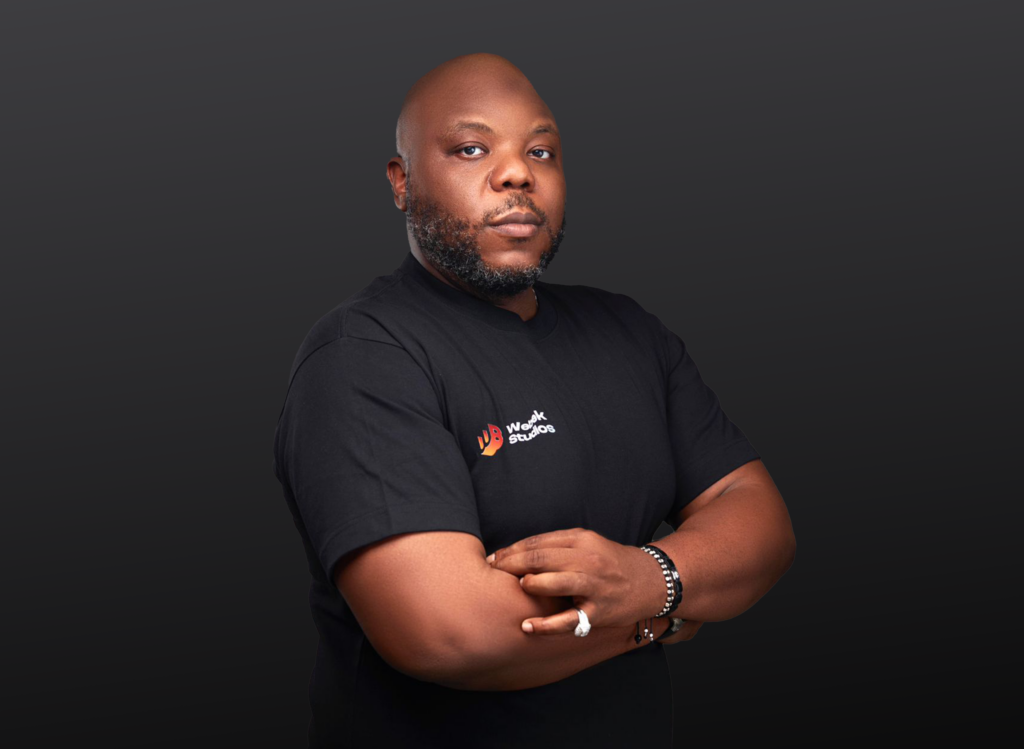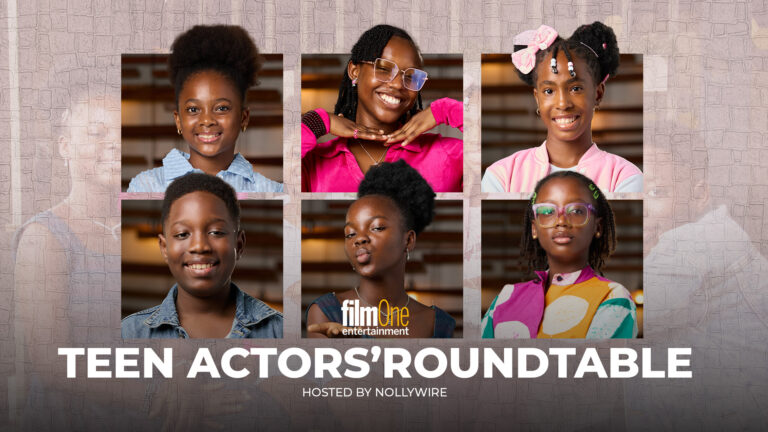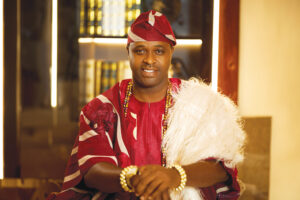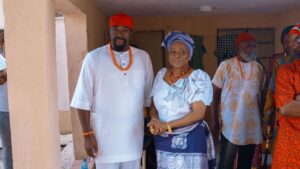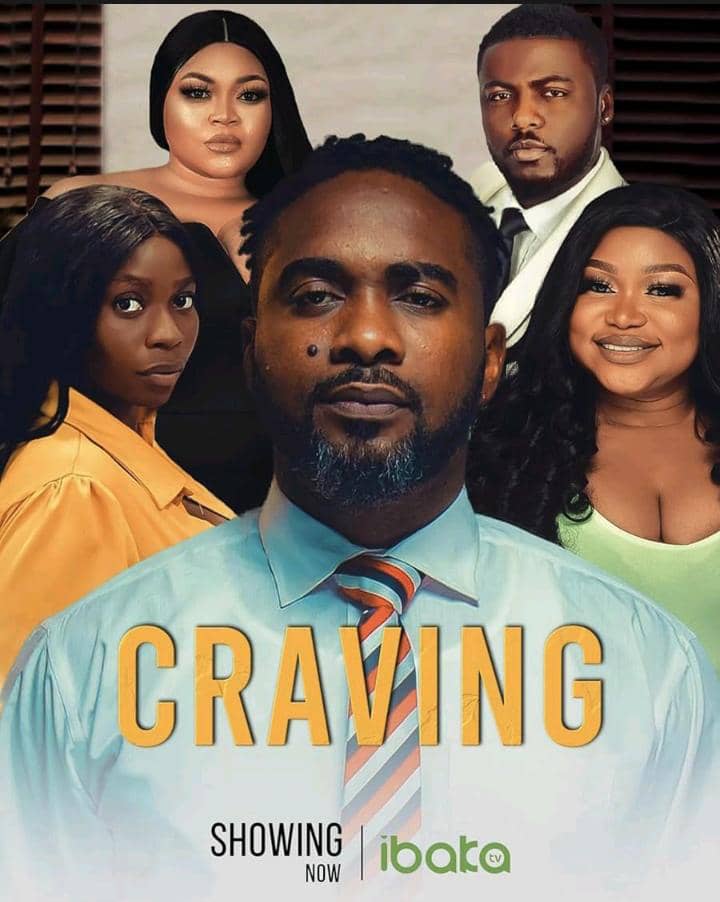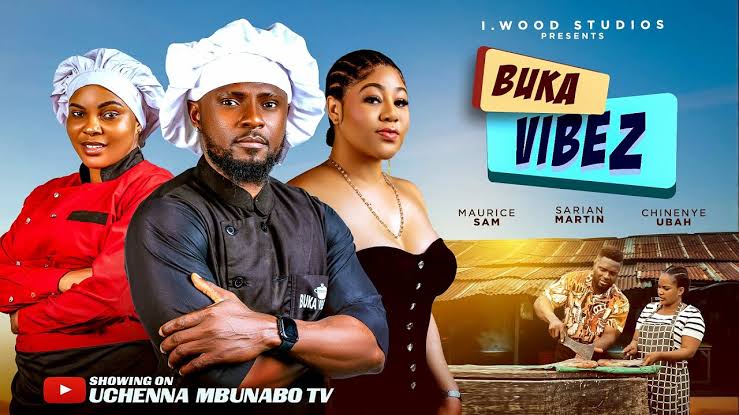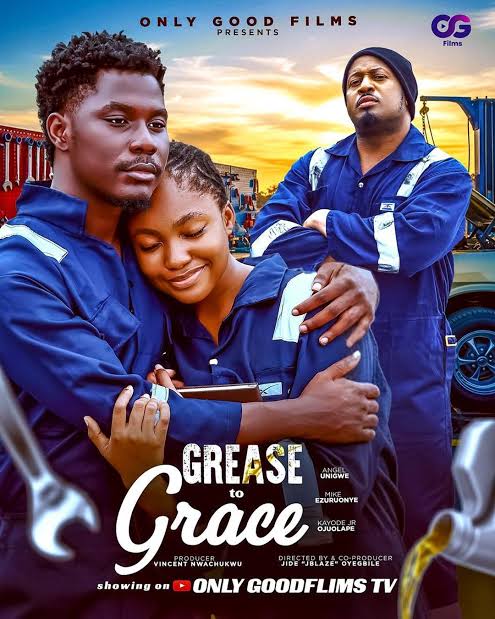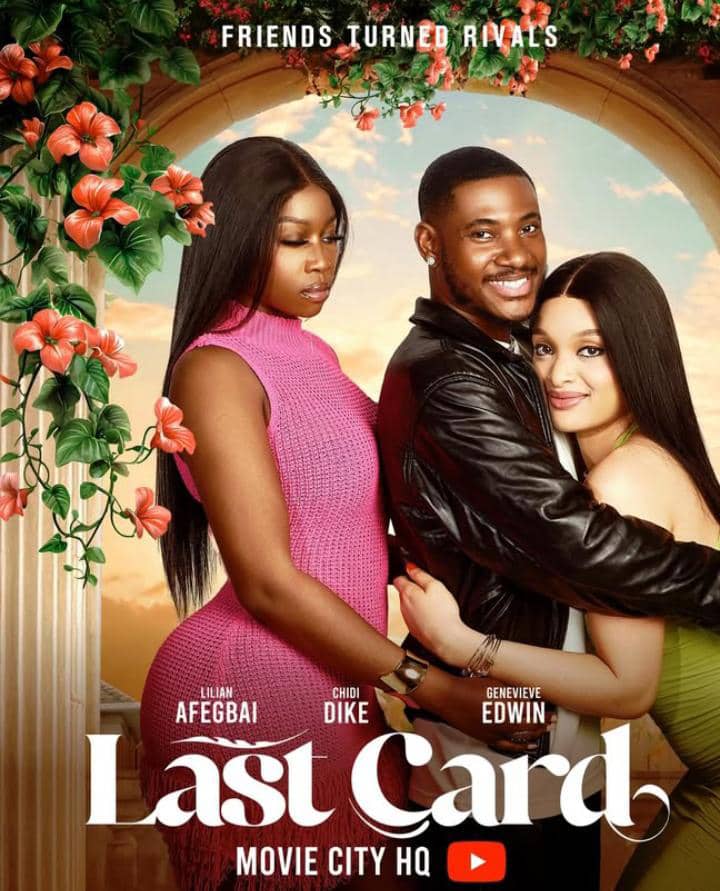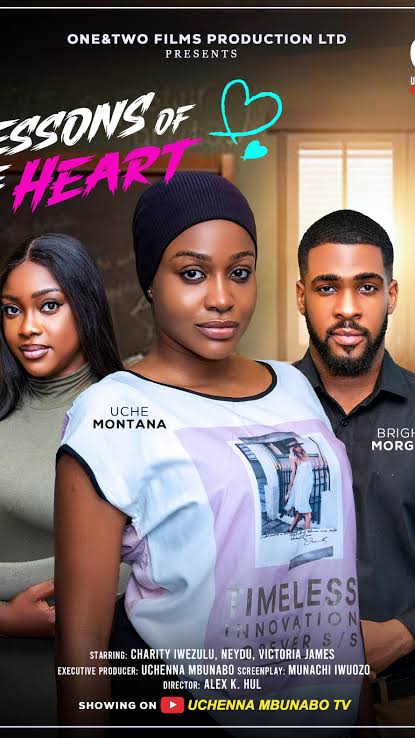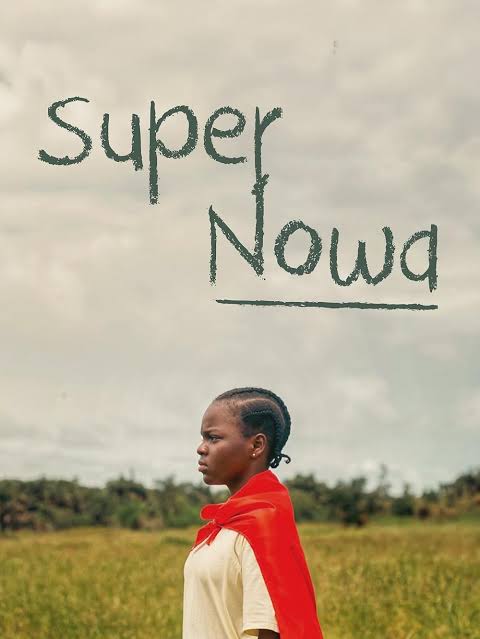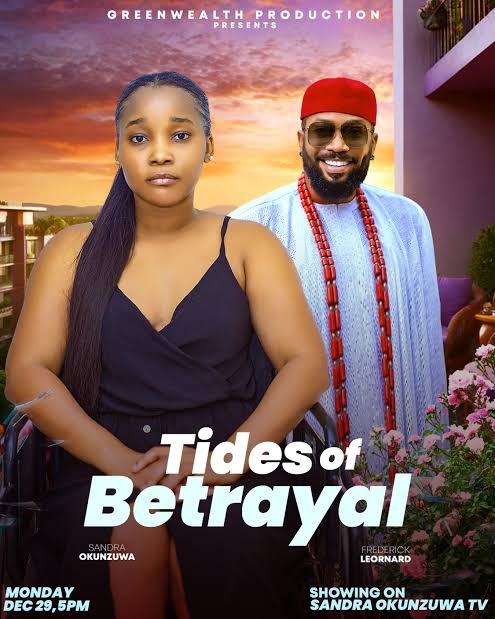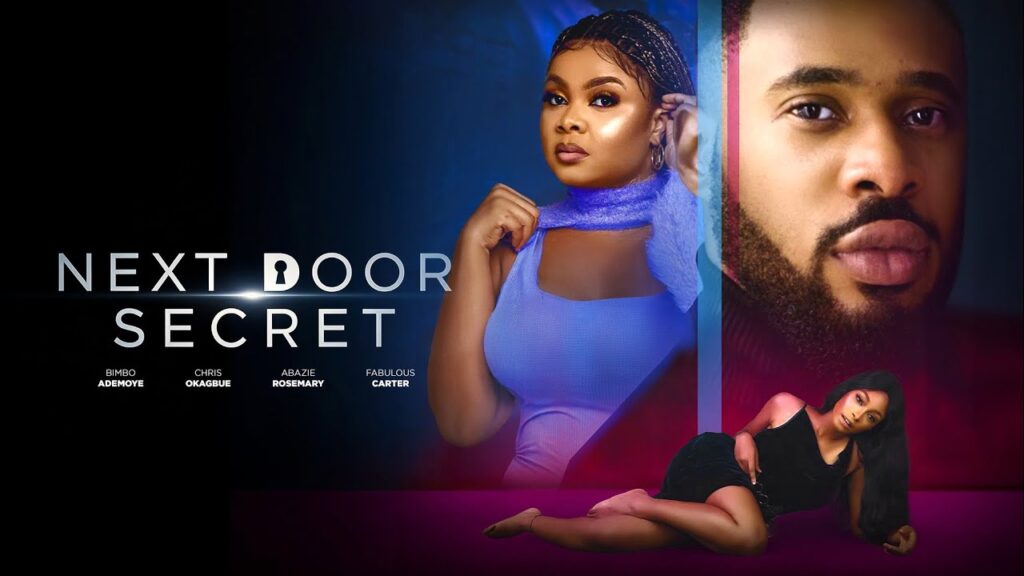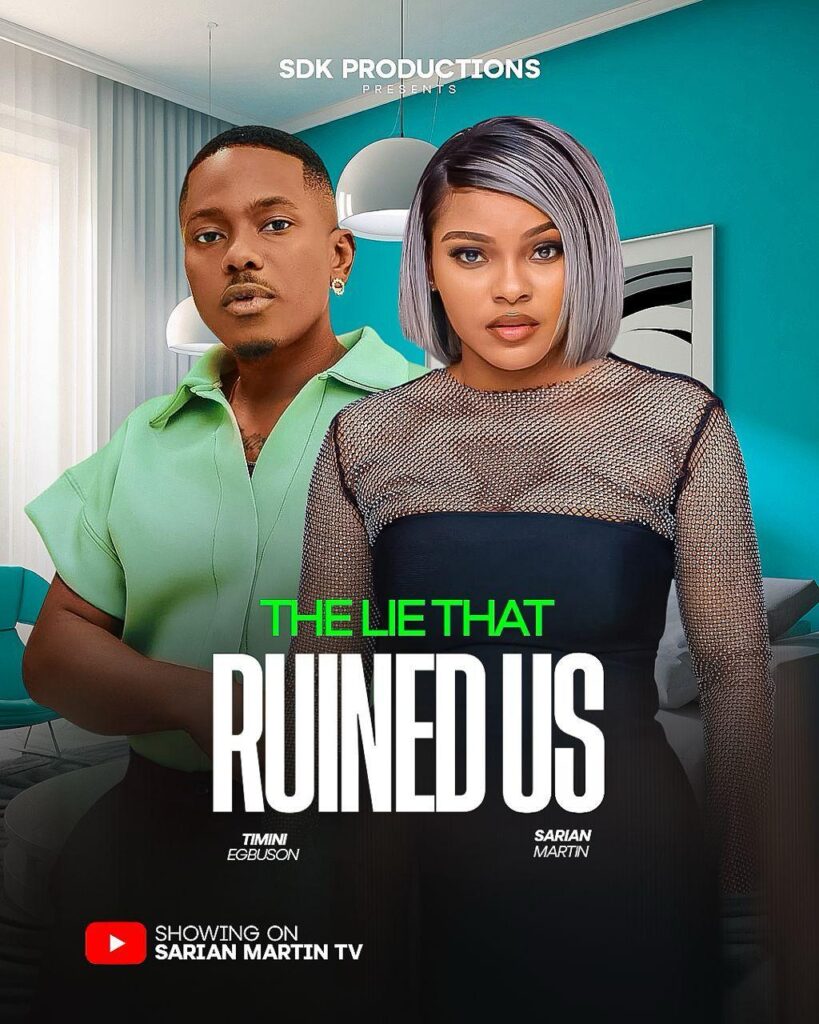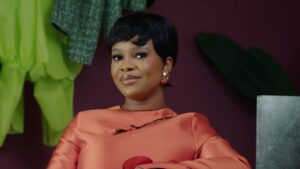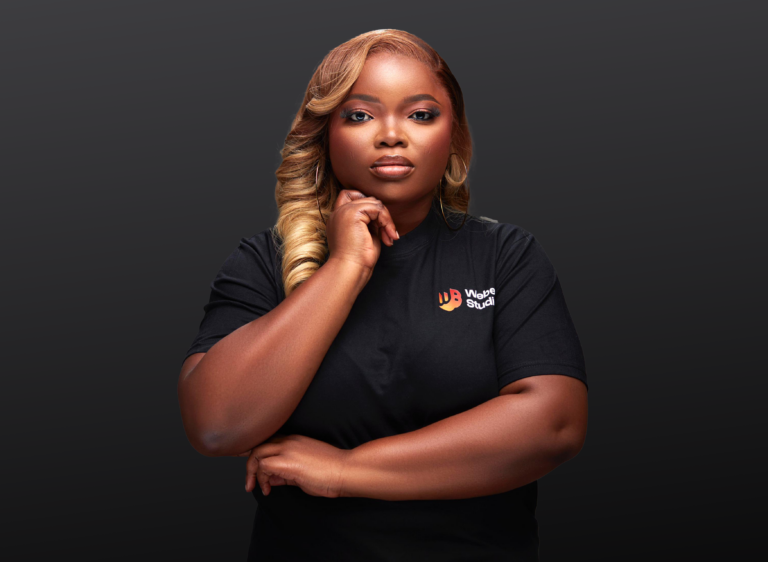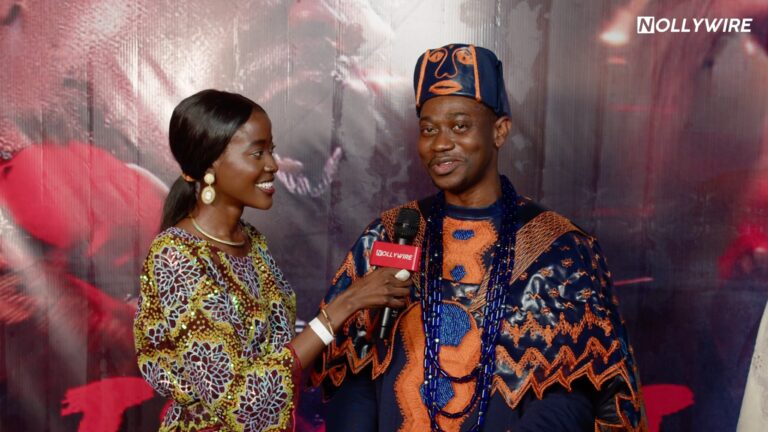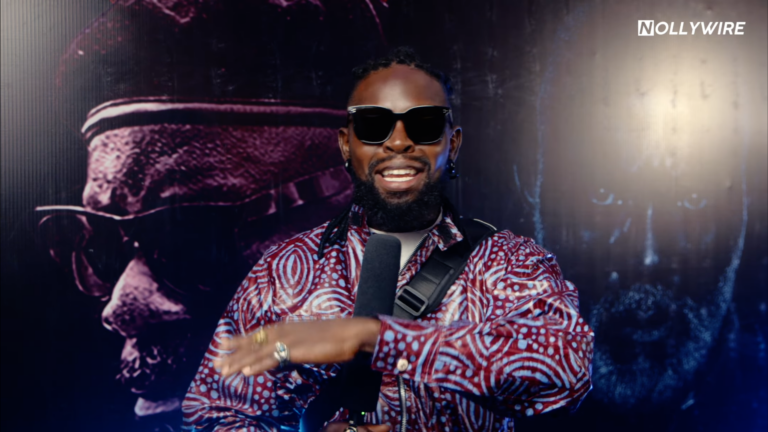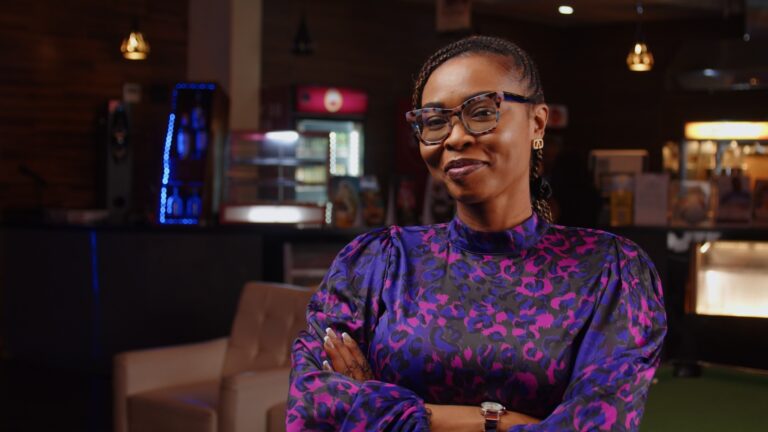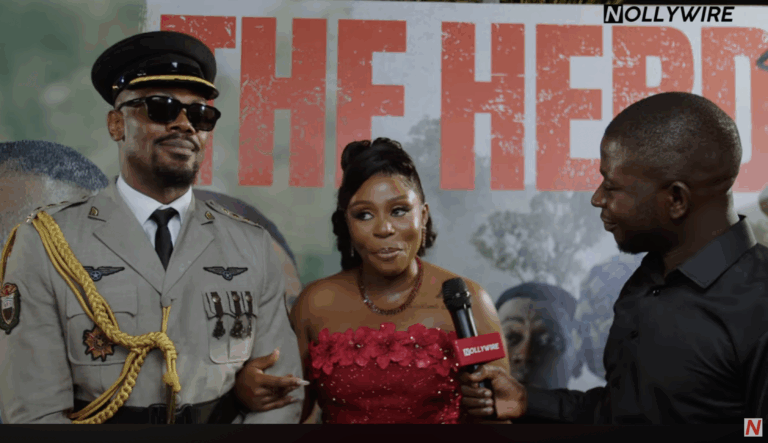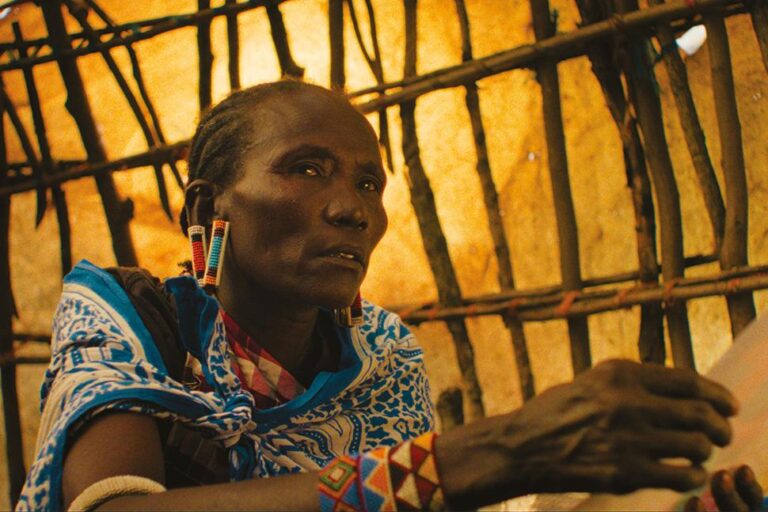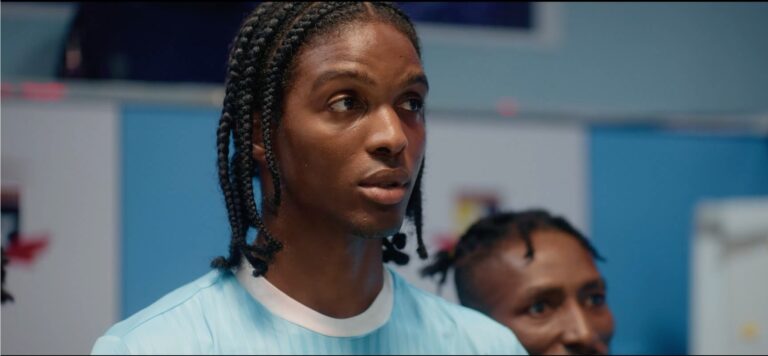Bizzle Osikoya, a music executive and head of partnerships at Webek Studios, is on a mission to bridge the gap between Nollywood and Afrobeats, two of Nigeria’s most significant cultural exports.
For years, Nollywood and Afrobeats have existed as two of Nigeria’s most significant cultural exports, but while the music industry has made massive international strides, Nollywood is still catching up. At the forefront of efforts to bridge this gap is Bizzle Osikoya, who is determined to create synergy between these industries and ensure their global expansion.
Osikoya’s mission is clear: to establish a well-structured system similar to Hollywood’s, where studios, music publishers, and management companies operate under one umbrella. He believes that partnerships are the cornerstone of success and that no one thrives in isolation. “I don’t believe I can do it all by myself. It’s all because of the people that helped me get here,” he says.
One of his key aspirations is to see Nollywood develop a robust structure for soundtracks, akin to the way major Hollywood studios integrate music into film. “A lot of people in the music industry complain about not being properly compensated for their music in films,” he notes. Through Webek Studios, he aims to change that by ensuring original soundtracks are produced, distributed, and marketed effectively.
Historically, Nollywood has struggled to develop a structured soundtrack system, often borrowing popular songs rather than creating dedicated albums for films. While there have been attempts, such as the recent ‘Christmas in Lagos’ soundtrack, they haven’t been properly marketed. Osikoya envisions a future where Nollywood studios collaborate directly with artists to craft cohesive, compelling soundtracks that elevate both the films and the musicians involved.
His company, The Plug, already operates as a music publishing and licensing entity, giving Webek Studios a unique advantage. “We have a bank of music that we can use for films. We won’t have to beg artists for rights; we can create our own,” he explains. This approach not only simplifies the production process but also provides an additional revenue stream for both artists and filmmakers.
While Afrobeats has successfully penetrated global markets through collaborations with international artists, Nollywood has yet to establish similar strategic partnerships. Osikoya acknowledges this disparity but remains optimistic. “A lot of people say Nollywood isn’t mainstream, but I disagree. We just haven’t properly structured it,” he states.
Drawing parallels to Bollywood, he points out that Indian cinema has thrived by selectively collaborating with Hollywood, leading to successful crossover projects. “We need to do the same—establish partnerships between Nollywood and Hollywood, Nollywood and the British film industry. These are the collaborations that will help us scale,” he asserts.
Rather than waiting for American studios to pick up Nigerian films, he advocates for a proactive approach. “Hollywood has perfected its system over time, which is why their films dominate globally. We need to refine our production quality—continuity, sound, and storytelling—to reach that level.”
Osikoya firmly believes that Nollywood’s future lies in leveraging existing relationships within the entertainment industry. “I’ve been in music for over 15 years, and the connections I’ve built globally are what I’m bringing into Nollywood,” he says. His goal is not just to elevate Nigerian cinema but to expand its reach across Africa, producing films in Ghana, Kenya, and South Africa.
His strategy is already in motion, with international players like Netflix and Amazon increasing their presence in Nigeria. However, he believes the industry needs regulatory bodies to enforce quality standards, ensuring Nigerian films are consistently world-class.
Despite challenges, Osikoya remains confident in Webek Studios’ vision. “God willing, in two years, we’ll be the biggest entertainment company out of Nigeria. The sky isn’t the limit—it’s just the starting point.”
With leaders like Bizzle Osikoya championing the cause, the dream of a globally recognised Nollywood—powered by a well-integrated music industry—may soon become a reality.

